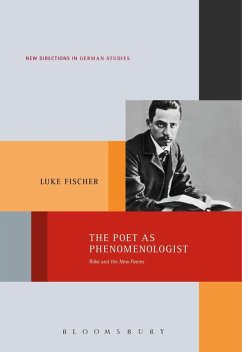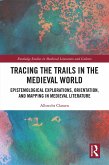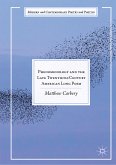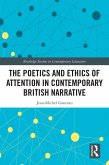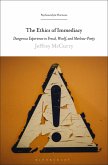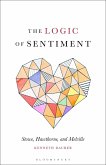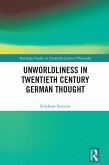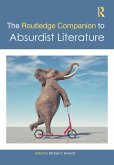The Poet as Phenomenologist: Rilke and the New Poems opens up new perspectives on the relation between Rilke's poetry and phenomenological philosophy, illustrating the ways in which poetry can offer an exceptional response to the philosophical problem of dualism. Drawing on the work of Husserl, Heidegger and Merleau-Ponty, Luke Fischer makes a new contribution to the tradition of phenomenological poetics and expands the debate among Germanists concerning the phenomenological status of Rilke's poetry, which has been severely limited to comparisons of Rilke and Husserl.
Fischer explicates an implicit phenomenology of perception in Rilke's writings from his middle period (1902-1910). He argues that Rilke cultivated an artistic perception that, in a philosophically significant manner, overcomes the opposition between the sensuous and the intelligible while simultaneously transcending the boundaries of philosophy. Fischer offers novel interpretations of central poems from Rilke's Neue Gedichte (1907) and Der neuen Gedichte anderer Teil (1908) and frames them as the ultimate articulation of Rilke's non-dualistic vision. He thus demonstrates the continuity between Rilke and phenomenology while arguing that poetry, in this case, provides the most adequate response to a philosophical problem.
Fischer explicates an implicit phenomenology of perception in Rilke's writings from his middle period (1902-1910). He argues that Rilke cultivated an artistic perception that, in a philosophically significant manner, overcomes the opposition between the sensuous and the intelligible while simultaneously transcending the boundaries of philosophy. Fischer offers novel interpretations of central poems from Rilke's Neue Gedichte (1907) and Der neuen Gedichte anderer Teil (1908) and frames them as the ultimate articulation of Rilke's non-dualistic vision. He thus demonstrates the continuity between Rilke and phenomenology while arguing that poetry, in this case, provides the most adequate response to a philosophical problem.

